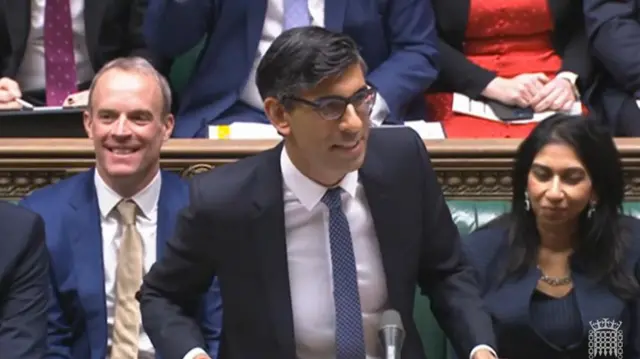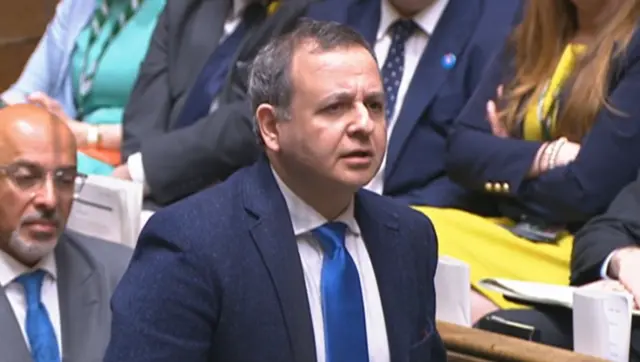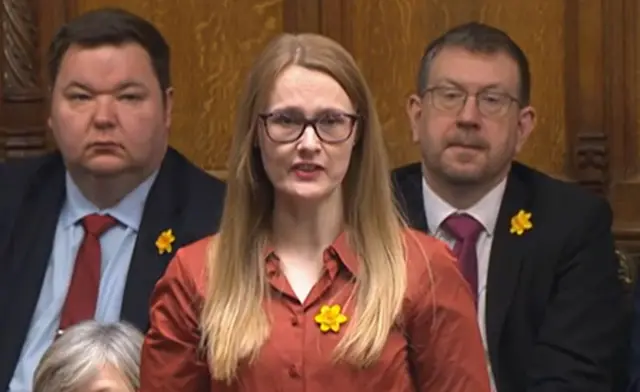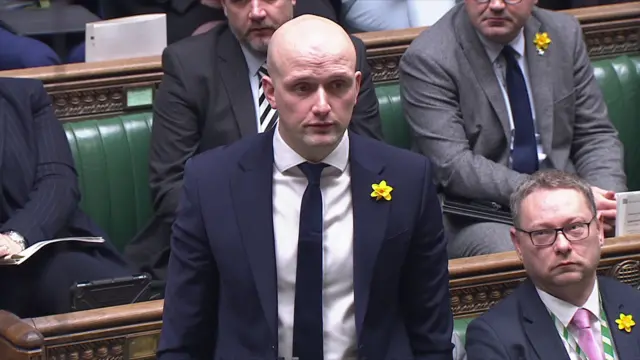What was said at today's PMQs?published at 13:37 GMT 1 March 2023
 Image source, PA
Image source, PAThat brings to an end our live coverage of today’s Prime Minister's Questions, but here’s a recap of some of the key developments:
- PM Rishi Sunak said that predictions that the average UK family will be poorer than its Polish counterpart by 2030 are due to energy price increases, but that people are getting generous support from the government
- Sunak also rejected comments by Labour's Keir Starmer that his government is not helping families and less well-off people, saying that "the wealthiest pay more tax and the poorest pay less tax" than in any year under the last Labour government
- Sunak refused to get dragged into comments on the latest Covid-related revelations and instead argued it would be better to let the Covid inquiry do its work rather than comment on "piecemeal bits of information"
- The SNP's Westminster Leader Stephen Flynn asked why the PM is "denying" access to the EU single market to the whole of the UK after his new Brexit deal guaranteed it for Northern Ireland
- Sunak insisted on the importance of the Good Friday Agreement and that the new Windsor Framework is not just about the "macro issue of membership of the EU"
You can read more in our latest news story here. Want to dig a bit deeper on the new post-Brexit deal? Look here. And finally, here's our simple guide on the Northern Ireland Protocol.
Today’s coverage was brought to you by Laura Gozzi, Jasmine Andersson, Adam Durbin, Chas Geiger, Kate Whannel, Emily McGarvey, James FitzGerald and Jasmine Taylor-Coleman.





